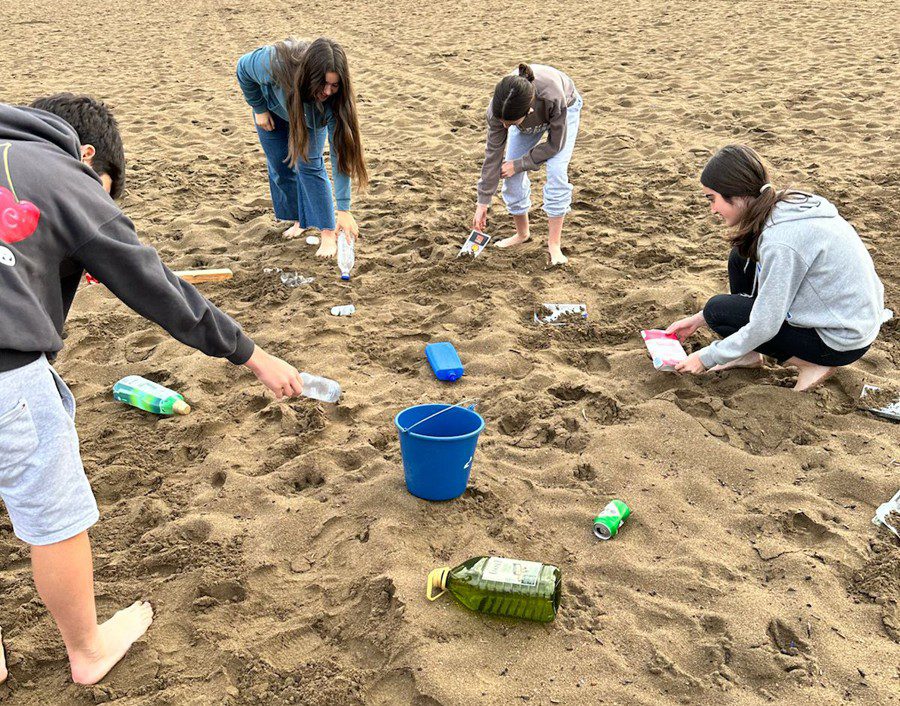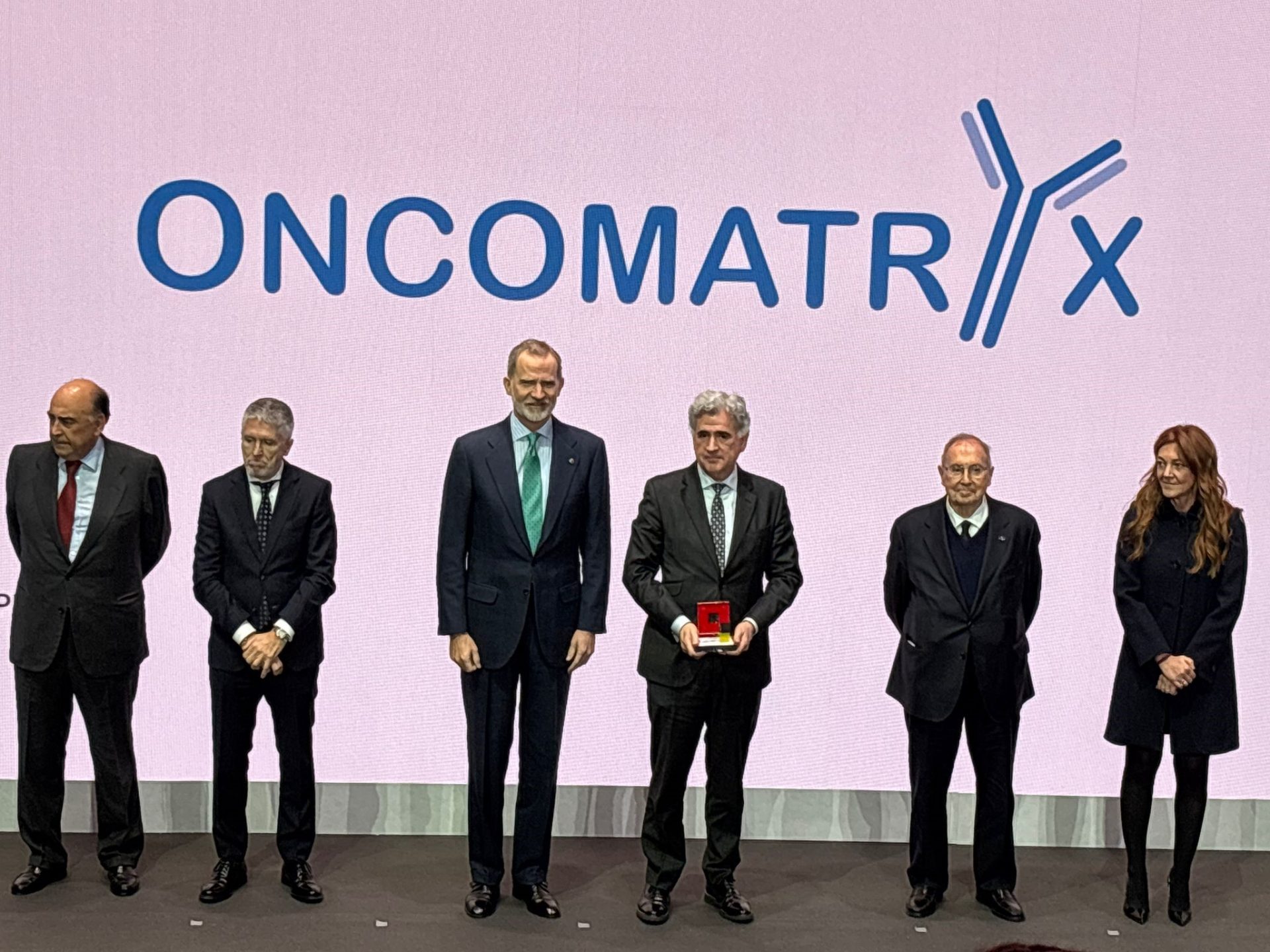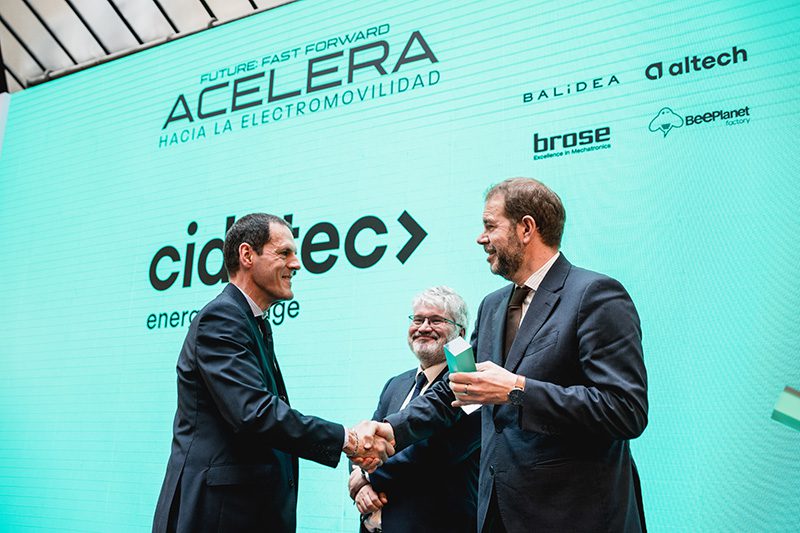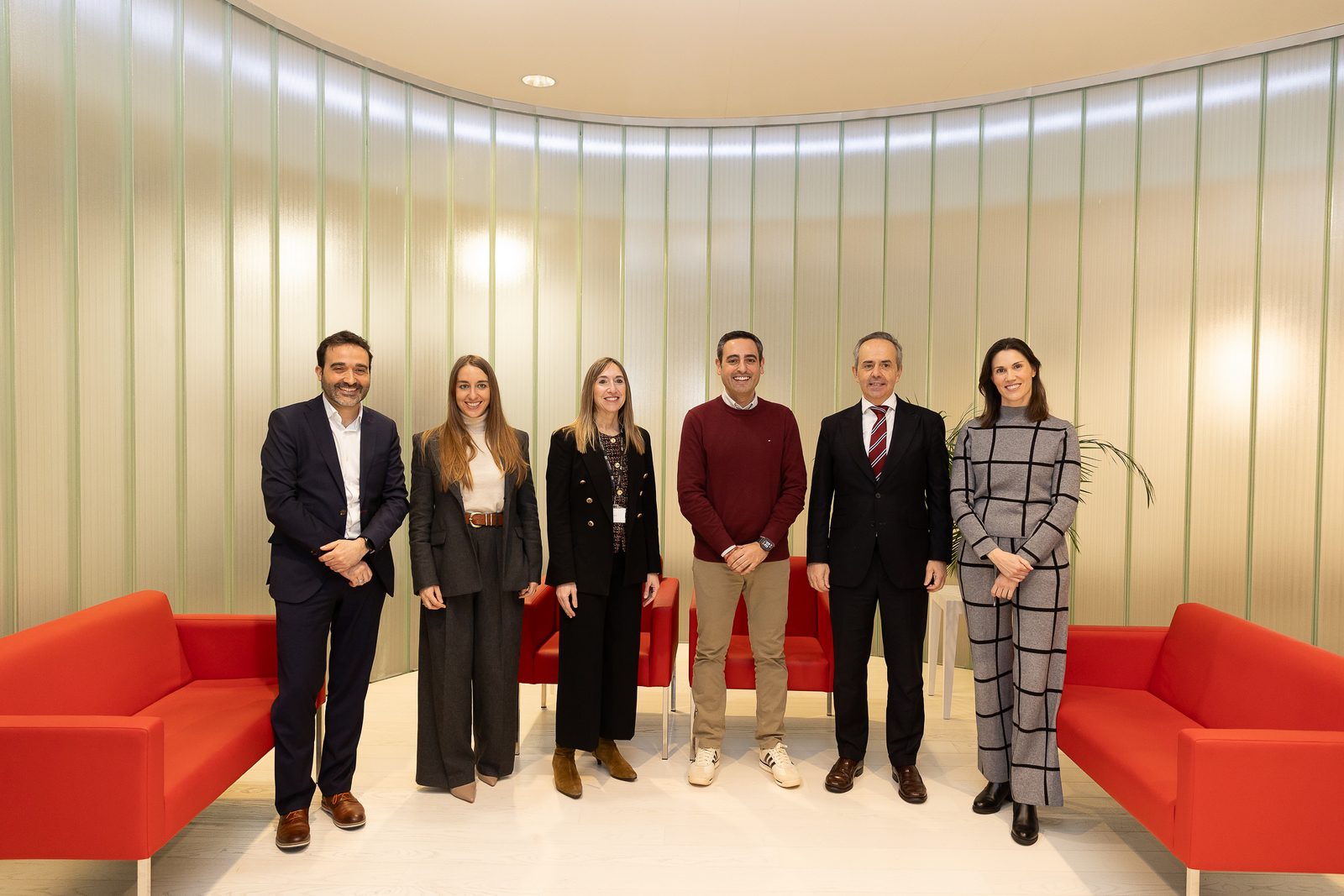Innovative solutions for improving the health and nutrition of Europe’s sheep

The Eurosheep project has created a European network for the exchange of knowledge on the health and nutrition of sheep and lambs to guarantee the profitability of the sector.
NEIKER has coordinated this European project in Spain, with the participation of more than 1,200 farmers, shepherds, veterinarians, researchers and academics from Europe.
 Nutritional needs and control of internal parasites in ewes and lambs, as well as neonatal diseases in lambs and animal welfare management are some of the main concerns shared by sheep professionals in Europe.
Nutritional needs and control of internal parasites in ewes and lambs, as well as neonatal diseases in lambs and animal welfare management are some of the main concerns shared by sheep professionals in Europe.
Sharing the needs and experiences of the different actors in the sector is essential to gain more knowledge and to establish solutions and best practices to ensure the profitability of sheep farming in Europe.
To meet this challenge, the Eurosheep network, a European initiative for the exchange of knowledge on sheep, was launched in 2020 with the participation of more than 1,200 sheep stakeholders, including livestock farmers, veterinarians, technicians, researchers and academics.
Within the framework of this project, a thematic network has been created for the interactive exchange of innovative knowledge on sheep health and nutrition, between the main industry players in the 8 participating countries (France – project leader, Spain, Greece, Hungary, Ireland, Italy, United Kingdom and Turkey). The objective? To improve the productivity and profitability of the sector through better feed management and animal health.
Within this project, the NEIKER technology centre has played an important role as the driving force behind the network in Spain, leading the evaluation of needs and the search for and acceptance of available solutions for professionals in the sector at a national level, with a greater impact on the Basque Country, Navarre, Castile and Leon, Castile-La Mancha and Extremadura.
As Ina Beltrán de Heredia, coordinator of the project at national level and researcher at NEIKER’s Animal Production department, explained, “in general, the solutions provided contribute to increasing meat and/or milk production, as well as the health and welfare of the animals, the social image of the sheep activity, the efficiency of the feed; so that in general they contribute to increasing the income of the activity. In addition, some of them also have a positive environmental impact.
In fact, most of the selected solutions have been evaluated at a technical-economic, environmental and social level in order to be disseminated and adapted to different geographical and productive contexts.
During her speech at the event, the researcher detailed some of the most popular solutions among the participants. “In the field of nutrition, a tool for managing the feeding of replacement lambs is worth mentioning. In terms of animal health, good practices have been compiled for footbaths and management of lame ewes”. Both solutions have originated from research carried out in Spain.
In total, at national level, 11 solutions have been selected and tested in 25 flocks – 7 for feeding and 4 for health – of ewes and lambs. Likewise, and with the aim of improving the efficiency of the sector, “these proposals have been evaluated by the livestock personnel themselves or by technicians in terms of the cost for their implementation, applicability and level of satisfaction based on the results obtained”, the NEIKER researcher stressed.
Multidisciplinary and European
Throughout the research, multiple activities have been carried out to promote the exchange of knowledge between all the economic agents in the sector -from livestock farmers or technicians to veterinarians and researchers-.
Firstly, at the start of the project, a survey was designed to identify the needs of the sector, to which more than 1,200 agents, farmers, technicians, veterinarians, researchers and professors from the participating countries responded.
“The results of this survey detected common concerns in all the participating countries, especially with regard to acquiring greater knowledge about the nutritional needs of the different types of animals – ewes, replacement lambs, fattening lambs, etc. – and the control of internal parasites,” Beltrán de Heredia pointed out.
As a result of this survey, each country has proposed 12 solutions to solve the problems identified. These solutions have been selected and implemented in herds in the eight participating countries. With all the material collected, a European strategy is being designed for the dissemination and exploitation of the results obtained in the framework of the research to improve the profitability of the sector and guarantee animal welfare.
About the Eurosheep network
Eurosheep is a European thematic network on sheep health and nutrition funded by the European Union through its Horizon 2020 programme. It has involved partners from the main EU sheep producing countries (France, Ireland, Spain, Italy, Hungary, Greece) plus the UK and Turkey.
Based on knowledge sharing between the different actors in the sector, the initiative has managed to compile more than 96 solutions – 47 on livestock health management and 49 on nutrition management – and 52 tips and tricks have been presented that allow some of the solutions to be applied. In addition, in order to address some needs for which no specific solutions were identified, 26 factsheets have been drafted.




